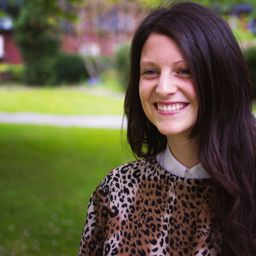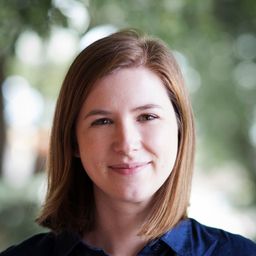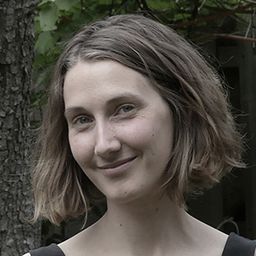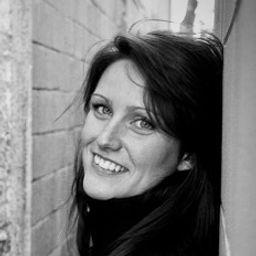Co-Production in Heritage: Towards New Imaginaries. Part II. Co-Production, Conservation and Memory; Co-Production and the Professional Imaginary
Mon statut pour la session
This session invites new perspectives and new approaches to co-production that go beyond these strictly critical modes. The session aims to push the debate beyond the current focus of co-production debates which view co-production as something that takes place at various levels; the recognition of co-production as inevitably messy; and as meaning very different things to policy-makers, practitioners and almost nothing to the "public." We encourage papers to get up close to the recognized issues of power, hegemony and domination, but also beyond, in a "post-critical" vein. This might include new languages, metaphors and imaginaries to address the roles, relations and stakes involved in the co-production of heritage, as well as approaches taken from a variety of disciplinary traditions. We therefore invite contributions drawing from diverse theoretical perspectives such as actor-network theory (Latour 2005; Bennett 2007), assemblage (Deleuze and Guatarri 1987; Macdonald 2009) and non-representational theory and affect (Thrift 2010; Waterton 2014).
We invite theoretical and/or empirical contributions that explore the processes and practice of co-production along different terms, to generate a richer understanding of the politics of co-production and its progressive possibilities for change. We particularly invite contributions focusing on professionals’ experiences of co-production and their shifting understanding of expertise, knowledge practices and professional identities. With these issues in mind, we invite papers along (but not limited to) the following themes:
● how alternative framings of co-production change understandings of heritage;
● the merging of local knowledge/professional expertise;
● how knowledge and knowledge practices are constructed in empirical examples of co-production;
● how professional values/subjectivities are being challenged or altered in response to the imperative to co-produce;
● how emotion and feelings of belonging encourage co-production and/or co-management to flourish.
Sous sessions
“Co-production” is a relatively recent term to have entered the museum discourse, as a way of working with communities and participants in more reciprocal ways. However, the notion of co-production also has its origins in health and social care in the 1970s. In the UK, co-production was adopted as a model of public service delivery for health by the mid-1990s and is still central today via policy directives. Co-production is b...
Co-production has a very specific political genealogy. Gaining ground in the mid-2000s the term “co-production” was used to explore how the state and its agencies might develop different kinds of relationships with its publics, often with a focus on how a public service—health, social care or welfare—might no longer be generic but personalized, distributing both agency, rights, and responsibility. As such, co-production represents a moment when the left-of-centre was seeking to re...
En 1965, en réponse aux débats sur la vétusté des institutions londoniennes, l’architecte britannique Cedric Price publie « The Pop-up Parliament » dans la revue « New Society » : un projet de nouvel édifice pour le parlement britannique à la place du palais de Westminster. C’est un projet pour le moins surprenant, dans lequel les écrans de retransmission remplacent Big Ben, l’architecture métallique remplace celle de pierre, le bâtiment politique s’ouvre sur l’espace public. Pour reprendr...
In recent years in the UK, faced with continuing cuts to their budgets, a number of local authorities have been considering new approaches to the management of their museum services. A number are delivering their “core” museum service from less sites than before, resulting in several museum buildings being left surplus to requirements. Others have moved away from direct delivery of museum services, establishing relationships with external organizations to which the responsibility for the s...
The poetics of heritage co-production works as a connective tissue between heritage publics, practitioners and heritage objects through materiality and imagination. The process of co-producing, of making and negotiating heritage values, relies on more than verbal clues and sensory experiences that exceed the discursive and representational. For Hoskins (1993, 1998) “history objects” are inseparable from people in the telling of histories about the self and about their lives and their sense...
This paper will set out to understand what heritage changes and will ask “can heritage affect reality”? It will explore the way heritage and collaboration can affect our relationships with the past and future, focusing on the relationships between networks of things, beings and places at the heart of co-production and the importance of the role of reciprocity. I will begin by presenting a model of engagement zones that aims to help decolonize engagement and allow space for inter-community ...
“ …it’s important not to be ignorant, especially in such a public space not to be ignorant of different perspectives and to make sure you don’t only have one singular view that’s very dominant, because that would be very dangerous I think.” The above quotation, collected from a visitor during evaluation of co-produced outputs at the Science Museum in London, both reinforces and mirrors the current call within the academic and museological fields for a more collaborative, democrati...







